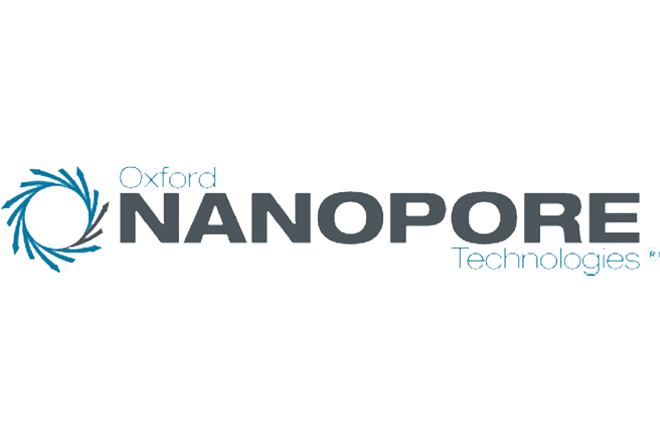
Training for a DNA sequencing technology manufacturer
Microsoft Dynamics 365 for Finance & Operations
Whichever business system your organisation is implementing or upgrading, engaging early with an end user training specialist brings a better outcome. It takes an extra burden off the project team and delivers a competent, confident workforce who are using your new system in the right way.
“User training works so much better when it’s designed by professionals but even more so when they’re involved early, not as an afterthought or because you’ve run out of time,” advises Joanne Harrison, sales director of IT training specialist, Optimum.
One of Optimum’s clients, Oxford Nanopore Technologies, a biotechnology company based in Oxford, UK, upgraded to Microsoft Dynamics 365 F&O from AX 2012. Natasha Dunn, the firm’s Business Systems Associate Director, agrees with Optimum’s advice.
Natasha Dunn Business Systems Associate Director
She said: “We had planned to train 350 staff ourselves but with only five in the project support team we realised close to go live that we didn’t have the resource to design the level of training materials we needed for a successful rollout.”
Optimum carried out a RapidScope® analysis of the company’s user training needs, producing a detailed, tailored plan of who needed training on what, how and when. Optimum’s team of D365 training experts then had just three weeks to hold knowledge transfer sessions with the client’s subject matter experts (SMEs) and create all of the requirement training materials.
They developed job specific training modules covering D365 generics, commercial operations, production and customer service. This documentation ranged from quick cards on key processes for light users, detailed reference guides, a suite of eLearning, including videos, to trainer packs for the SMEs.
Dunn said: “The materials that Optimum produced exceeded my expectations. We’ve never had such strong, structured training documentation before and all the materials were spot on for content and approach. We got really good feedback from the users, who are still referring back to them.”
The user training was being delivered in-house, which put further pressure on Optimum to produce the documentation quickly, so that it could all be reviewed and then learned by the SMEs ahead of the training sessions.
Despite the already tight timeframe, Optimum’s consultants were flexible enough to reschedule and deliver elements of the eLearning earlier after the original deadline was brought forward. Staff availability constraints also meant some courses had to be shortened.
Optimum’s advice and guidance proved invaluable throughout the process. Dunn said: “We were very impressed by the consultants’ knowledge and their understanding of exactly what we needed.” She added: “The quick cards have been so well received that we’re adopting that structure for all our D365 training in future.”
Go-live went very smoothly but Dunn reflected: “We understand now what professional training looks like and how it benefits the end user. Looking back, if we had engaged Optimum earlier we could have planned, scheduled and shared the work out better internally.”
Harrison acknowledged: “We can and do support clients with really quick training turnarounds but it’s much better if we get involved earlier. That way we can take a lot of the pressure off the project team and deliver the best training programme for them with fewer compromises.”